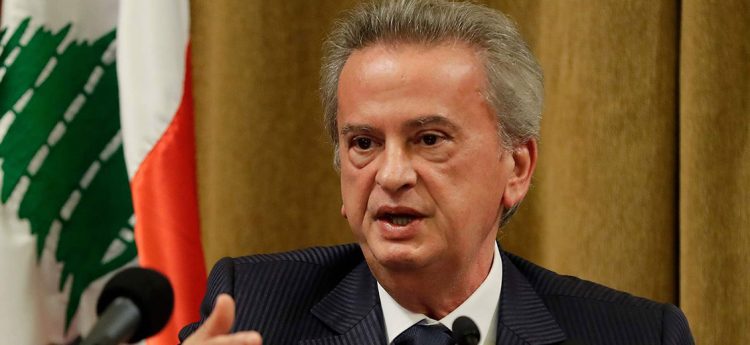Central Bank Governor Riad Salameh has downplayed fears of the further deterioration of the monetary and financial situation as a result of his stepping down at the end of his mandate on Monday July 31 with no appointed successor.
“As I leave and despite the crisis that was expected to create a total collapse, the Central Bank could through monetary initiatives contain this crisis,” says Salameh, quoted by Reuters.
Salameh also indicated that the Lebanese economy could grow by 4 percent this year, but he did not give more details to explain this.
The 73-year-old Central Bank Governor reiterated that during his 30-year tenure, he exercised his duties in full accordance with the Code of Money and Credit.
The possibility of a vacuum at the helm of the Central Bank raised fears that the state would be exposed to further financial collapse.
Under Lebanese law, Salameh’s first deputy, Vice-Governor Wassim Mansouri, is to replace him in the interim.
The leadership crisis at the Central Bank reflects the deep divisions among the ruling class that has been unable to elect a president for almost 10 months, as the financial crisis has remained largely unaddressed.
Only by filling the presidential vacuum can a fully empowered Cabinet be formed and a new Central Bank Governor appointed.
After July 31, yet another key post in the country will officially become vacant with political divisions persisting and causing more dysfunction in the state’s institutions.





